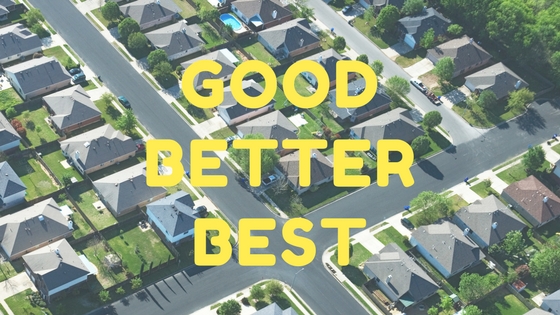On Sunday in our series on Ecclesiastes we came to the part where the ‘Teacher’ describes how his pursuit of ‘the good life’ (success, prosperity, possessions) ended with it all being ‘meaningless’ and not worth it. When we have these types of conversations I always find it important to emphasise that we’re not talking about morality in this case, about what is good and bad, because it is actually more complicated than that. And in fact, in many areas of the Christian life we can think about things at different levels. We can ask whether it is ‘bad’ to be wealthy, whether there is a rule or law against it in God’s eyes. Or we can ask, as the Teacher does, what is a better way to approach wealth given the way the world is, and the fact that we can’t keep what we have after we die. He thinks it is better to have a relaxed approach to this kind of thing, and to enjoy it when we can, but not pursue it too intensely. This is not morality, but rather wisdom, which builds on what is good and bad according to the rules, to ask also about the context in which we live. Finally, we can ask about what the ultimate goal of our lives is, the best that we can strive for, and whether something like wealth is part of that? This is what Jesus does, as he reminds us that we were made for relationship with God and even ‘good’ things like wealth can get in the way of that.
So many of our conversations about issues in our lives and society, get stuck on deciding whether something is good or bad. But the Bible invites us to consider what is good, but also what is better and what is best, as Jesus has shown us.
-Andrew-
